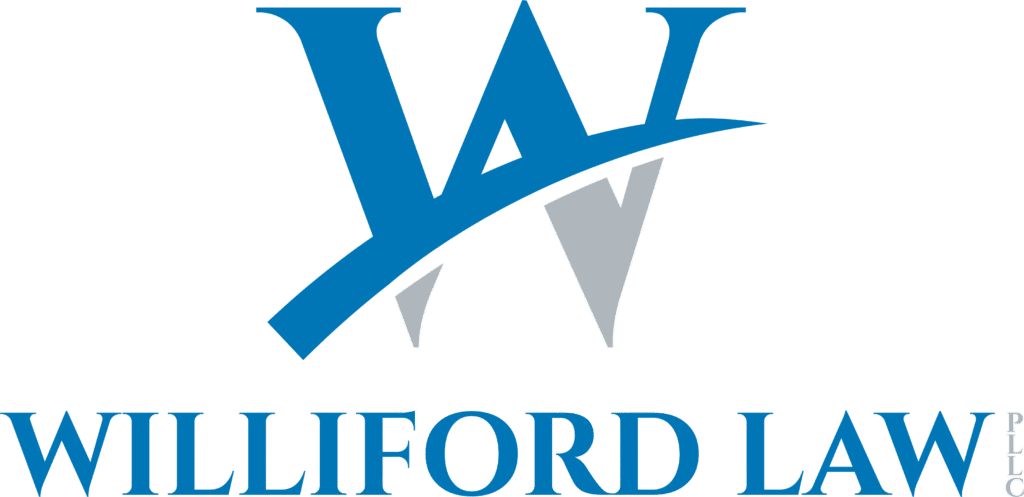In the Wake of an Aircraft Tragedy, You Deserve Truth. You Deserve Accountability.
Aviation accidents are rare, but when they happen, the impact is devastating.
Victims and their families face a long road of grief, unanswered questions, and legal uncertainty. Whether it’s a commercial airline, private jet, helicopter, or chartered aircraft, these cases demand a law firm prepared to handle complex federal regulations, expert investigations, and multi-party liability.
At Williford Law, we represent survivors and families after serious aviation accidents in Texas and nationwide.
We work with aviation engineers, flight safety experts, and investigators to uncover the facts, build the case, and demand justice.
If you’ve been affected by an aviation crash, you are not alone, and you do not have to face this battle without experienced legal help.
Types of Aviation Accidents We Handle
- Commercial airline crashes and emergency landings
- Private aircraft (Cessna, Piper, Cirrus, etc.) accidents
- Charter jet and business aviation incidents
- Helicopter crashes (medical, law enforcement, tourism, or personal use)
- Accidents during takeoff, midflight, or landing
- Severe turbulence or descent-related injuries
- Ground collisions, runway incursions, and hangar incidents
- Mid-air collisions and in-air equipment failures
- Maintenance-related mechanical failure
From regional airports to remote airstrips, we handle aircraft injury and wrongful death claims across all contexts.
Who Can Be Held Liable in an Aircraft Crash?
Determining fault in aviation accidents requires a deep technical investigation. Responsibility often involves:
| Potential Party | Basis for Liability |
| Airline, charter, or aircraft operator | Pilot error, negligent hiring, poor training, operational failure |
| Aircraft or part manufacturer | Defective engines, avionics, airframes, design defects |
| Maintenance contractors | Improper inspections, missed safety protocols |
| Air traffic controllers (FAA) | Miscommunication, spacing error, or tower negligence |
| Airport authority | Obstructed runways, lighting failures, signage errors |
We work closely with certified flight examiners, NTSB consultants, and product engineers to build the evidence that holds these parties accountable.
Leading Causes of Aviation Accidents
While every crash is unique, many stem from preventable conditions:
- Pilot inexperience, distraction, or fatigue
- Equipment malfunction or part failure
- Missed maintenance or inspection failures
- Dangerous weather and poor decision-making
- Runway mismanagement or air traffic control error
- Fuel exhaustion or incorrect load balancing
- Structural failure due to design flaws
- Communication breakdown between the pilot and the tower
We identify what went wrong and who had a legal duty to prevent it.
Injuries and Wrongful Death in Aviation Accidents
We represent both survivors and grieving families after:
- Burn injuries and traumatic disfigurement
- Traumatic brain injuries (TBI)
- Spinal cord damage, paralysis, or loss of limb function
- Crush injuries, amputations, and orthopedic trauma
- Internal bleeding and multiple organ damage
- Psychological trauma, PTSD, and survivor’s guilt
- Wrongful death of passengers, pilots, or bystanders
We don’t just calculate losses — we document futures lost, families shattered, and lives forever changed.
What Compensation May Be Recovered?
Depending on the nature of your loss, you may recover:
- Past and future medical treatment costs
- Lost income and loss of future earning potential
- Rehabilitation, long-term care, and adaptive needs
- Pain and suffering
- Emotional and psychological distress
- Loss of companionship, guidance, and consortium
- Funeral and burial expenses (in fatal accidents)
- Punitive damages (in cases of gross negligence)
We pursue full and lasting compensation, especially when insurers or operators seek early, inadequate settlements.
Aviation Law Is Complex. You Need a Law Firm That Can Navigate It.
Aviation claims often fall under a combination of:
- Federal Aviation Regulations (FARs)
- State wrongful death or injury statutes
- The General Aviation Revitalization Act (GARA)
- International treaties (for crashes involving foreign carriers or airspace)
- Strict product liability law (for manufacturing and design defects)
Our firm is equipped to litigate against major aviation insurers, aircraft companies, and commercial operators, with no fear of scale, jurisdiction, or complexity.
What to Do After an Aviation Accident
For injured survivors or family members:
- Preserve all documentation. Tickets, emails, itineraries, and communications are crucial.
- Seek full medical evaluation. Injuries may take days to surface fully.
- Do not speak with airline or charter representatives.
- Avoid signing release forms or early settlement offers.
- Contact Williford Law immediately. We act fast to preserve black box data, logbooks, communications, and maintenance logs.
Every hour matters. We begin forensic review and expert consultation on day one.
Why Families Trust Williford Law in Aviation Cases
- Deep experience in complex injury and wrongful death litigation
- Nationwide network of aviation consultants, investigators, and crash reconstructionists
- Skilled in both negotiation and courtroom trial strategy
- Focused, limited caseload — we don’t take every case, only those we can fully commit to
- No fee unless we win — contingency-based, results-driven
In the aftermath of loss, we provide clarity, legal precision, and real answers.
Aviation Injury FAQs
Can I sue after a private plane crash?
Yes. If the crash was caused by pilot error, maintenance failure, or mechanical defect, you may pursue claims against the operator, aircraft owner, or manufacturer.
What if a family member died in a crash outside Texas?
We routinely assist clients in multi-jurisdiction wrongful death claims and partner with aviation co-counsel nationally when needed.
What if the crash involved a foreign or international flight?
International crashes may involve the Montreal Convention or foreign regulatory authorities. We evaluate your rights under both U.S. and international law.
How long do I have to file an aviation lawsuit?
In Texas, most claims must be filed within two years. However, aviation cases involve complex jurisdictional and federal timelines — early legal action is critical.
